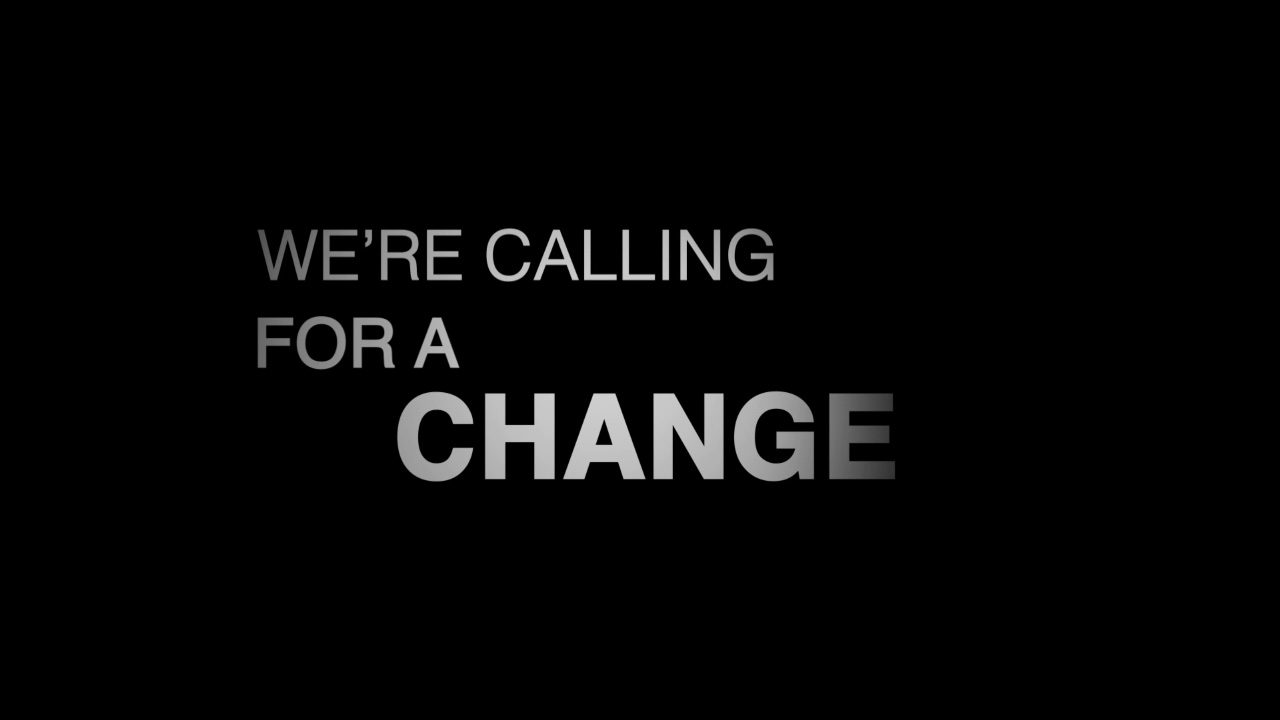BOSTON--(BUSINESS WIRE)--In the face of a deadly and perilous U.S. opioid crisis, a collective of advocates and innovators has launched A Call for a Change, a campaign designed to inspire meaningful conversation, and ultimately bring about much-needed change for pain management options and accessibility to pain management tools. The progressive campaign approaches the nation’s current opioid addiction epidemic and shines a light on how regulations enacted to manage the epidemic have impacted those living with chronic pain.
A Call for a Change (www.acallforachange.org) launched today with the release of a video that sets the table for what the pain community views as a nation grappling with dueling crises in the opioid abuse epidemic and a hamstrung pain management system, one of which has had a direct and unfortunate impact on the other.
“The whole pain part of this conversation is not included,” Cindy Steinberg, the U.S. Pain Foundation’s National Director of Policy and Advocacy said. “The focus is primarily on addiction and abuse.”
Headlines across the nation capture the severity of the opioid abuse epidemic, while statistics from the Centers for Disease Control (CDC) reveal that more than 90 Americans die every day from an opioid overdose. Efforts designed to curb that sobering death rate, however, have induced anxiety and fear among the estimated 100 million Americans living with chronic pain and the physicians who treat them as they navigate new guidelines that reduce availability to certain medications.
While millions of Americans abuse prescription drugs every year, millions more rely on those same medications, using them as prescribed to treat chronic pain. Following the introduction of more stringent prescribing guidelines for opioids initiated in response to the abuse epidemic, non-profit leaders have reported an anecdotal increase in suicides among pain patients who don’t abuse their medications, and now have difficulty getting access to the medications they need.
“We need to have a balanced approach,” Penney Cowan, founder of the American Chronic Pain Association, said in reference to opioid-related prescription guidelines and dwindling accessibility to medication for chronic pain patients. “I think people are scared. Providers are afraid. We also need to get the payers to the table. They’re the ones who can make or break this.”
A Call for a Change, which will unfold with a series of videos and editorials through the end of the year, looks to engage support by telling the “story behind the story” of pain patients and harmful policies, arming pain patients with an actionable playbook, and taking a close look at technologies that may address concerns tied to the opioid epidemic without introducing a new hurdle for pain patients.
Founding partners in the initiative are the American Chronic Pain Association, the U.S. Pain Foundation, the Alliance for Balanced Pain Management, the Center for Medicine in the Public Interest, Collegium Pharmaceutical, the Academy of Integrative Pain Management, the Center for Lawful Access and Abuse Deterrence (CLAAD) and the Mayor of Brockton, Mass. Others involved in the conversation include leaders of treatment centers, first responders, social services, addiction specialists, pain specialists and lawmakers.
About A Call for a Change
Created in 2017, A Call for a Change is an initiative to ensure patient access to comprehensive pain care, stop the abuse of opioids, and support patient education and activism. Comprised of the leading voices in the opioid crisis, including patients, healthcare practitioners, advocacy groups, law enforcement, industry, insurance companies and politicians, A Call for a Change advocates for policies to ensure the safest prescribing practices and that all patients living with addiction or chronic pain are receiving the best, comprehensive, multi-faceted treatment possible. To learn more or to join the conversation, visit www.acallforachange.org or Facebook at www.facebook.com/acallforachange or Twitter at @acallforachange.



